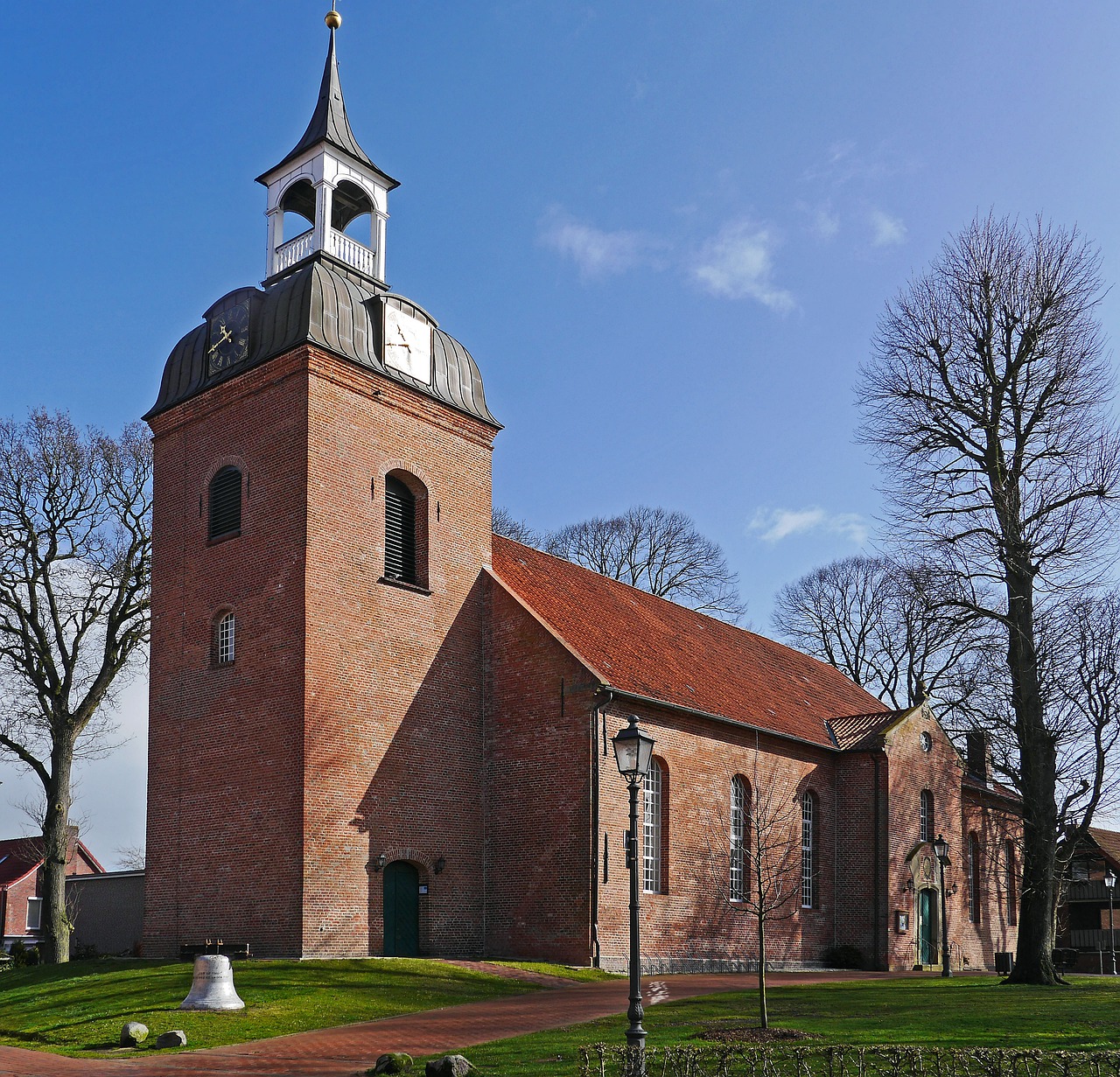
The number of Korean churches in the United States has increased. The number serves as a meaningful guideline to understand the population composition, especially because Korean immigrant society is closely related to churches.
According to Christian Today’s statistics, there are a total of 4,454 Korean churches at the point of January 2018. The number has increased 221 from 4,233 of 2013.
Using Census Bureau data on Asian population in the U.S., the number gives one church per 323 Koreans living in the states.
According to the research, California, which had 1,375 churches, showed the largest number of Korean churches. Comparing this number to the total Korean churches in the U.S., 30.8% of them are concentrated in California. New York and New Jersey followed, respectively having 461 (10.3%) and 263 (5.9%) churches. The three states take up 47% of the total number.
“Korean immigrant society has formed and developed with Christian churches from the initial stage of the immigrant history in Hawaii,” stated UCLA’s sociology professor Heon-sung Yoo. “And the society is uniquely distinguished as it is more ‘religious’ than other communities.
“Korean churches do not exist merely as religious organizations, but they reflect their immigrant society itself,” he explained further.
Despite various aspects, such as the decreased religious influence as well as the decreasing number of immigrants, the total number of Korean churches has continuously shown increasing tendency.
The total number of Korean churches in foreign countries, excluding those in the U.S., is 1,693. Japan shows the highest number with 231, and Australia (205), Germany (138), England (73), Brazil (60), Argentina (53), New Zealand (37), Mexico (27), and France (25) follow.
The first Korean church outside its homeland is Christ United Methodist Church
in Hawaii, which was founded on November 3, 1903.
Original article
Translated by Heewon Kim




